
The Asante Akim North District Education Directorate, which has supervision over 31 communities, is currently grappling with the problem of lack of educational infrastructure in some parts of the district, particularly, the Afram Plains portion, The Chronicle can report.
The situation has affected teaching and learning, to the extent that the pupils' education is terminated after Primary Six.
As a result, the District Education Directorate has appealed to the District Assembly and the Member of Parliament (MP) to assist in the provision of educational infrastructure for communities in the district, to ensure full cycle education for the pupils.
The District Director of Education, Mr. Ernest Kwadwo Afari, who made the appeal, indicated that the district seriously lacked educational infrastructure, for which reason pupils in some communities have not had the opportunity to access Junior High School education for years, thus killing the innate potential of school children in the area.
He said the situation had also encouraged child labour, since the Primary 6 leavers, who have no hope whatsoever to continue, are compelled to go into farming or fishing, depending on what vocation the parents or guardians are engaged in.
The situation has been explained in the fact that communities with JHSs are located far from the area, and are not easily accessible by children of their age.
Mr Afari told The Chronicle that there were 18 seriously deprived communities in that part of the Afram Plains of the district, where teachers are left to their fate.
The Education Director mentioned that there are also 30 schools without staff bungalows, and explained that there were no rentable housing units in these communities, compelling some teachers to sleep in structures that pass as classrooms.
From a compilation, The Chronicle also gathered that about 12 schools have nothing to show for school blocks.
Mr Afari hoped the District Chief Executive and the Member of Parliament would consider the plight of the pupils in the affected area, and offer some assistance under the '$1 million, One Constituency' programme.
He said some parts of the Afram Plains area of the district have no JHS, and that the nearest one could access education at the JHS level is about 15 miles away.
While waiting for any form of intervention, the District Director of Education, Mr. Afari, disclosed that the Directorate was taking steps to establish JHS schools under trees for communities like Kansanso, Behwe, Brahabebome and Kowereso in September, with the primary objective of making JHS education accessible to the pupils, and chiefly, to ensure that they benefit from the free SHS policy in the next three years.
Mr Afari says the Free SHS policy, about to be implemented by the government in September, might not benefit pupils in the area, if the situation continues.
As a result, he has met with community heads, opinion leaders and parents to sensitise them on the need to reverse the trend, where education of pupils, particularly, those from Kansanso and Kowereso, are terminated after Primary 6.
The communities would, therefore, have to provide labour for the construction of make-shift structures to accommodate the pupils for the JHS.
He said his outfit would ensure that teachers are posted to these areas to enhance teaching and learning, and provide basic logistics.
The Education Director also hinted that since the proposed cash incentives of some percentage of basic salary, and other forms of incentives to teachers in deprived areas, is yet to be implemented, the District Education Directorate intends to ensure that teachers posted to deprived areas in the district qualify for study leave after two years.
For the past 25 years, Kansanso, which has a three-classroom block, has had a Primary School without a JHS, meaning pupils' education are terminated after Class Six. Two classes are combined in each classroom.
The Chronicle also learnt that the Behwe community has a Primary School for 30 years without a JHS, while Brahabebome has had to contend with the situation for 20 years.
The only consolation here is that most of the pupils who can afford putting up with relations in Agogo township end up accessing JHS education.
Read Full Story
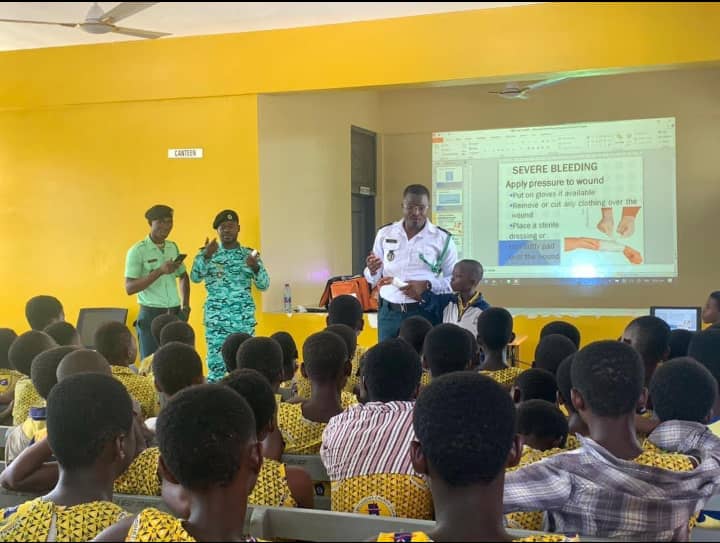
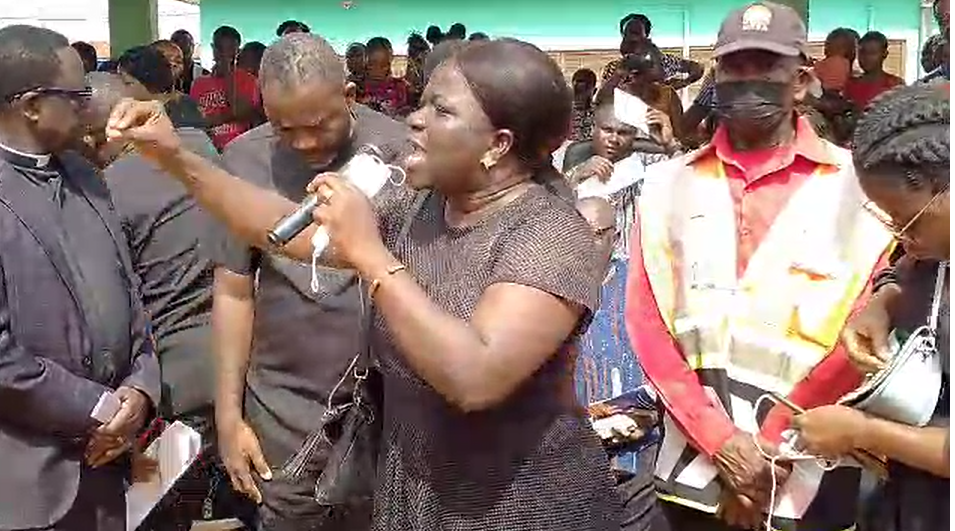
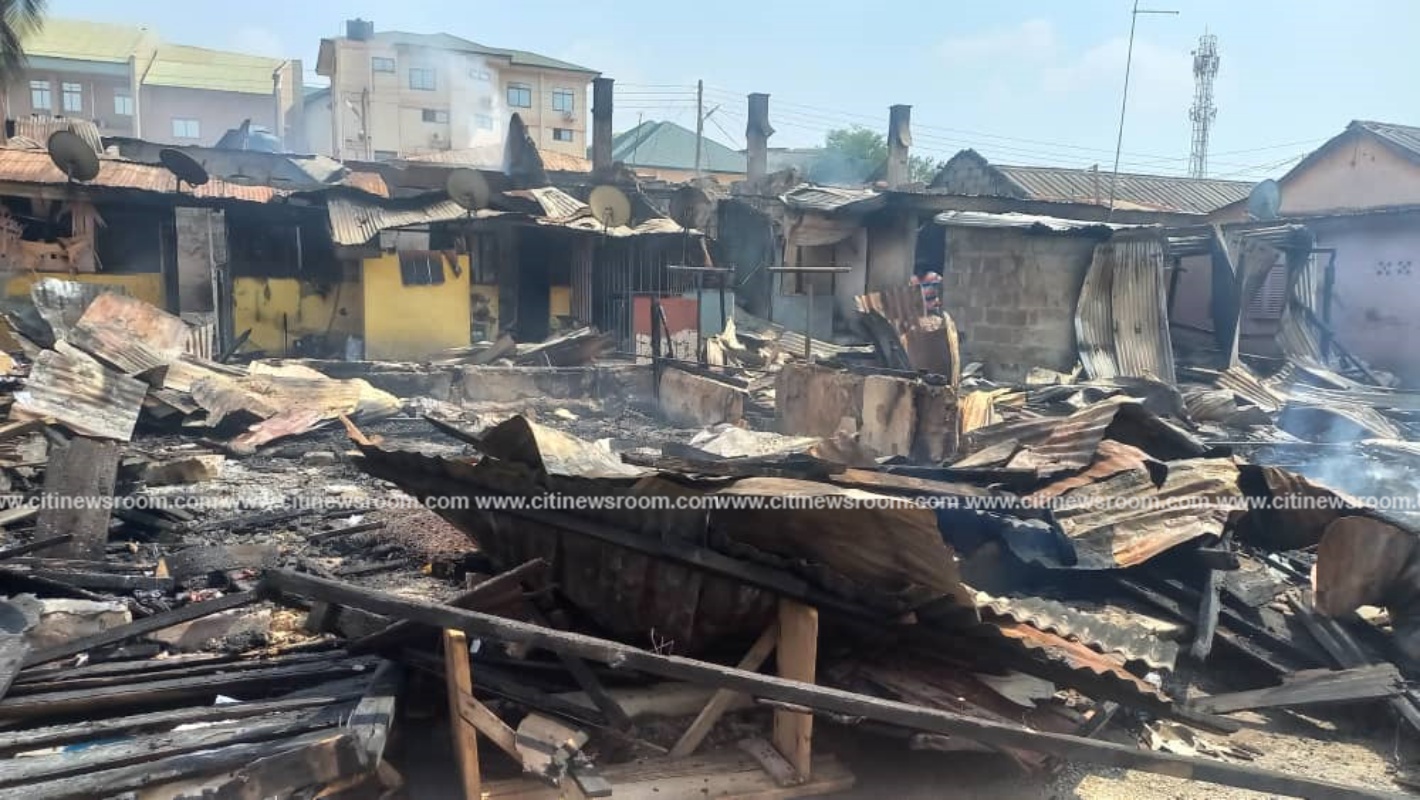





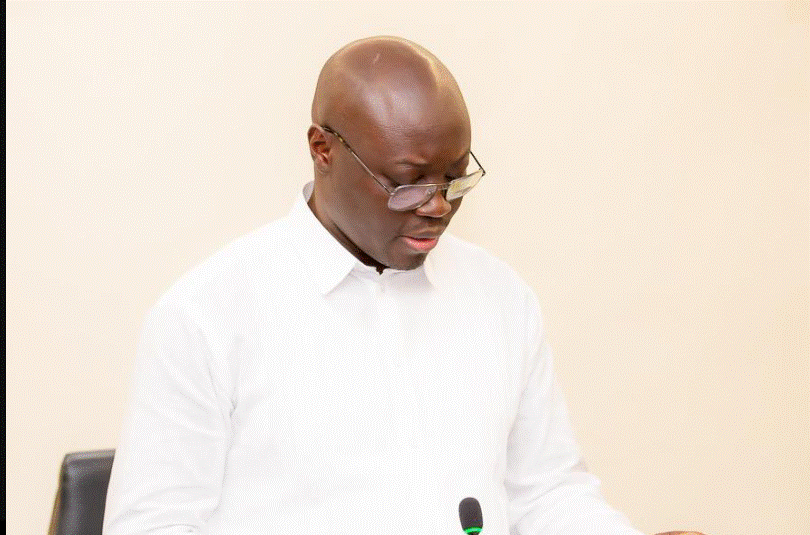
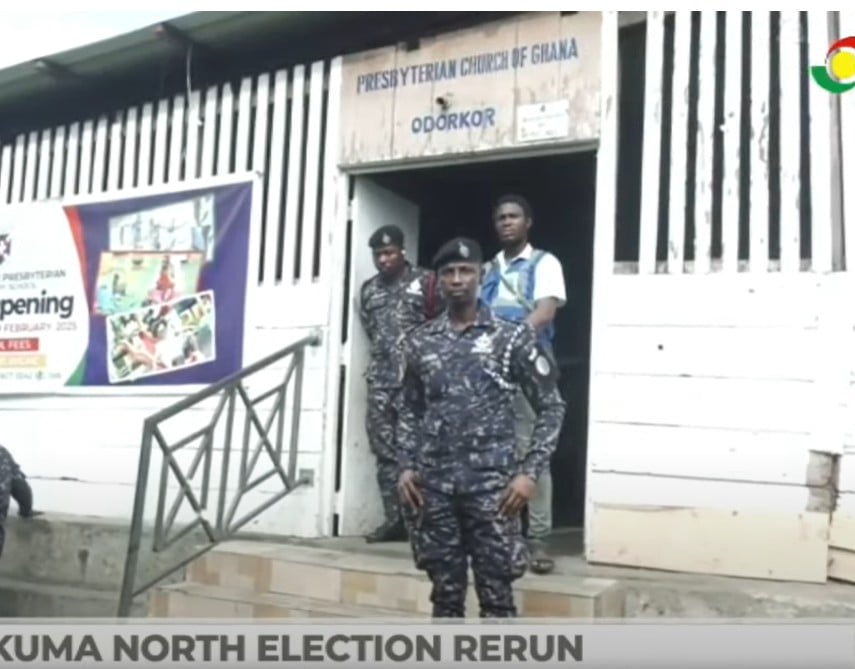




Facebook
Twitter
Pinterest
Instagram
Google+
YouTube
LinkedIn
RSS